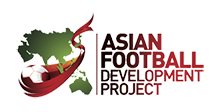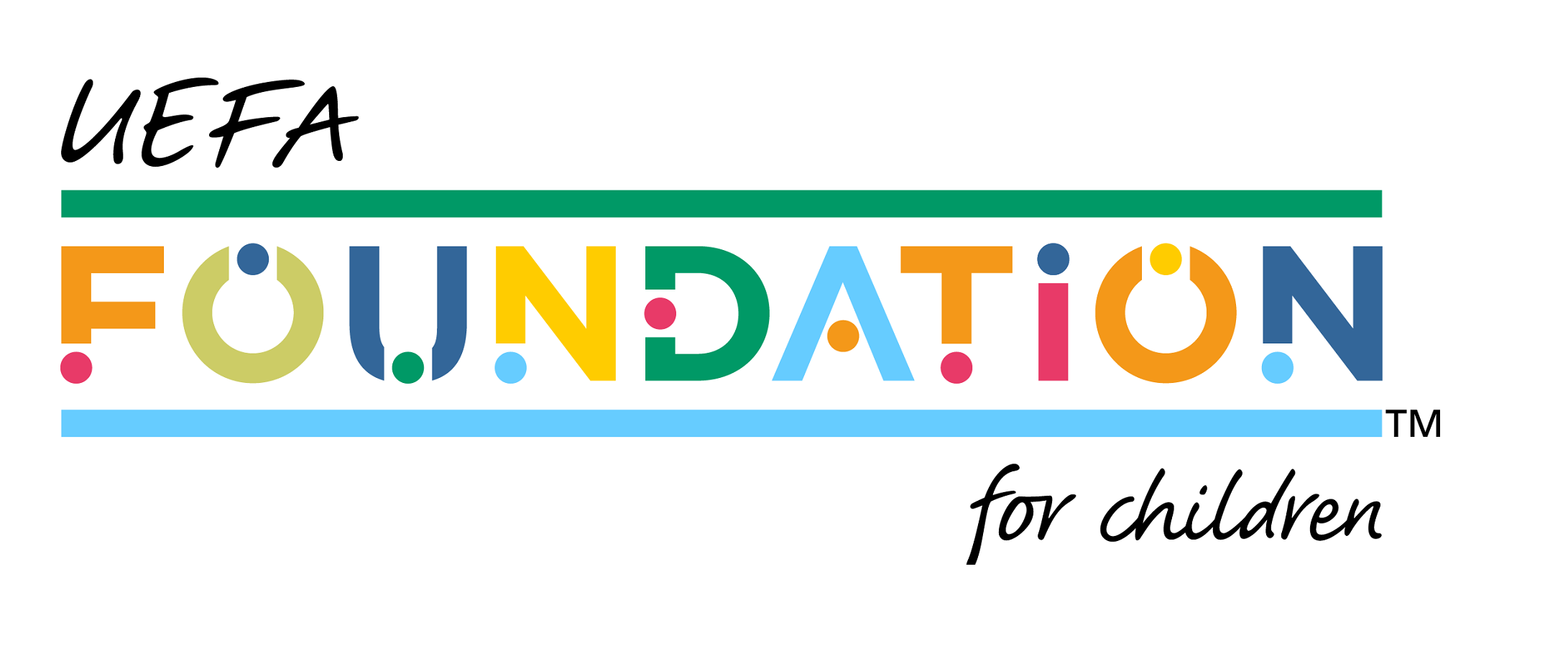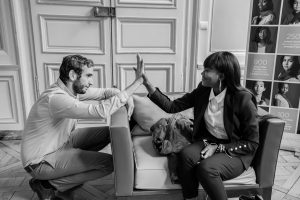FOOTBALL IN THE ZA’ATARI REFUGEE CAMP, BY UEFA FOUNDATION FOR CHILDREN
WHAT UEFA FOUNDATION FOR CHILDREN IS DOING
The Asian Football Development Project (AFDP) and the UEFA Foundation for Children are helping people displaced by the conflict in Syria, particularly children and young people living in the Zaatari refugee camp.
The on-site activities of the foundation serve three main objectives:
- To give some 3,000 young Syrians something to do by organising football and other sports activities in an appropriate, safe environment where they can remain children and have some fun.
- To train Syrian football coaches living in the camp and Jordanian football coaches who come to work at the camp during the day, teaching them how to run football coaching sessions but also how to best use the values of sport to encourage the children’s personal development and raise their awareness of certain social issues.
- To set up a football league inside the Zaatari refugee camp.
To organise sports activities and football tournaments, it is essential to have local teachers who can keep the project going, to create a suitable environment with good infrastructure and training material, and to ensure that the impact of the project goes beyond the sporting aspect by educating the children and raising their awareness of certain social issues. The UEFA Foundation for Children supports the children living in the camp by means of a project consisting of four different pillars.
ORGANISING TOURNAMENTS
The AFDP and the UEFA Foundation for Children organise football tournaments and other sports events. In particular, it has set up a football league inside the camp. To do so, it set up teams organised into ‘clubs’ and offers them regular training sessions. The camp’s trained coaches oversee all these activities. In addition to playing and spending time together, the youngsters also learn football skills and assimilate fundamental values of sport such as respect, fair play, team spirit and solidarity.
TRAINING LOCAL COACHES
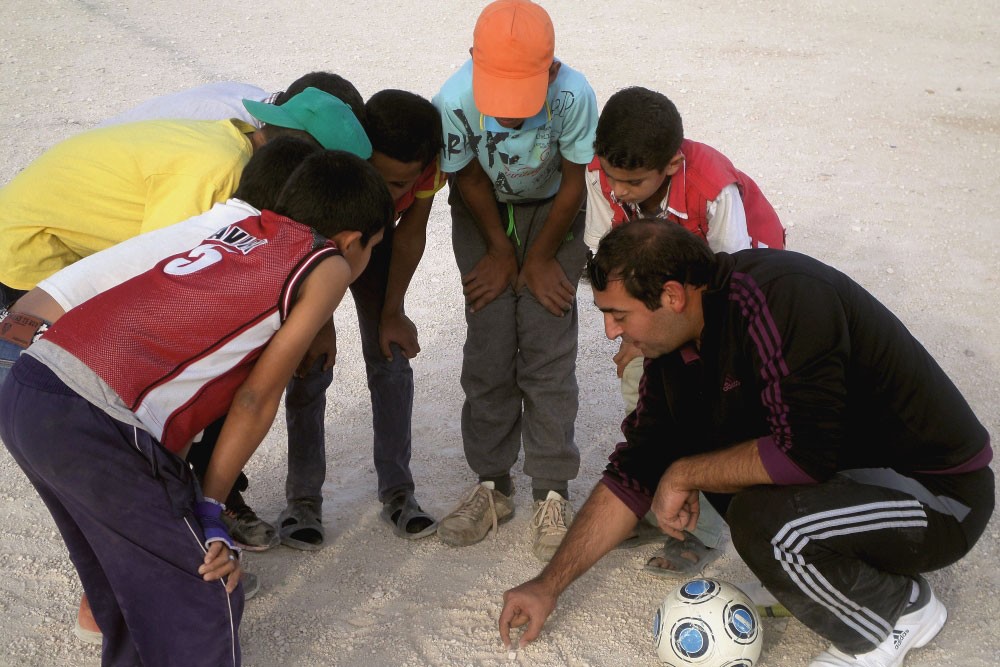
The AFDP and the UEFA Foundation for Children train and certify local coaches – Syrians and Jordanians between 20 and 40 years of age. Most of them already work for other organisations inside the camp and are already involved in sporting, educational or recreational activities. Offering them specific training allows them to develop their skills and will improve their employability, not only inside the camps but also once the Syrian crisis is over, thereby ensuring the continuity of the project. It also ensures proper supervision of the children taking part in the programme and provides them with role models.
PROVIDING EQUIPMENT AND INFRASTRUCTURE
The UEFA Foundation for Children supports organisations that are already active inside the camp by providing equipment for sports activities and training. That equipment is mostly balls, kit and shoes, but also whistles, stopwatches, cones and technical manuals for the coaches. During tournaments, all the young participants receive water, snacks and a souvenir.
Good infrastructure is also needed so that sport can be played in a suitable and safe environment. The foundation is doing up all the existing facilities. Za’atari already had a dozen football pitches for the children to play on, but they were not always in a fit state and the activities they were used for were badly organised and rarely included girls.
INTEGRATING THROUGH SPORT
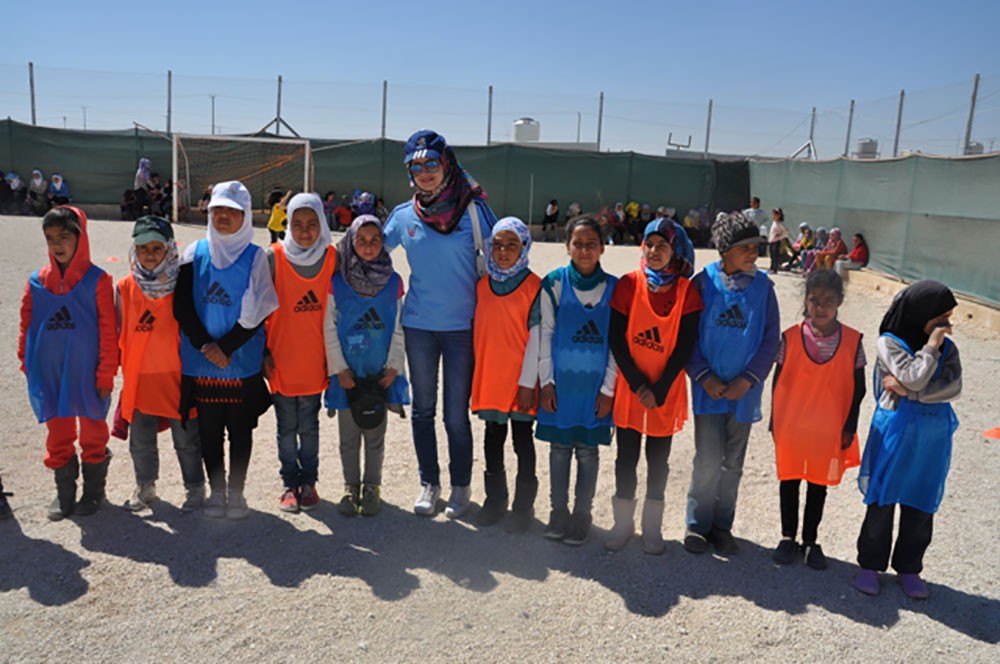
The UEFA Foundation for Children has created a specific programme for the refugees based on their needs. The programme is tailored to the Za’atari context and aims to do more for the young people than just giving them the opportunity to play sport. To that end, the coaches receive specific training that allows them to use the benefits of sport to support the young people in everyday life. This training uses a fun and educational approach to address social issues and to focus, in particular, on conflict resolution and raising awareness of early marriages, birth control, the importance of school, health, hygiene and well-being.
The Za’atari project in numbers
- 2,979 young Syrian refugees involved in the project: 2,140 boys aged 8–24 and 839 girls aged 8–20
- 15 tournaments organised since the project began, including 7 girls’ tournaments. Some 200 girls and 400 boys have taken part in those tournaments, some of which have involved up to 250 girls and 586 boys.
- In all, 19 girls’ teams (U13, U15 and U20) and 32 boys’ teams (U13, U15 and U24) have been created.
- 128 Syrian and Jordanian refugees have already benefitted from the coach education offered by the foundation, including 37 women aged 17–30 and 91 men aged 19–49.
- These new coaches find work with organisations inside the camp who run football programmes.
- 200 bottles of water, 1,000 snacks, 1,000 servings of orange juice and 300 meals are distributed at each tournament.
Material distributed since the project began
- 18,000 balls for weekly training sessions
- 3,000 T-shirts and caps
- Bibs for sport activities
- 1,000 schoolbags and 500 mini-footballs
The coaches participating in the foundations’ activities have also been fully equipped.
The two main pitches used for tournaments have been fully equipped for football matches.
TODAY
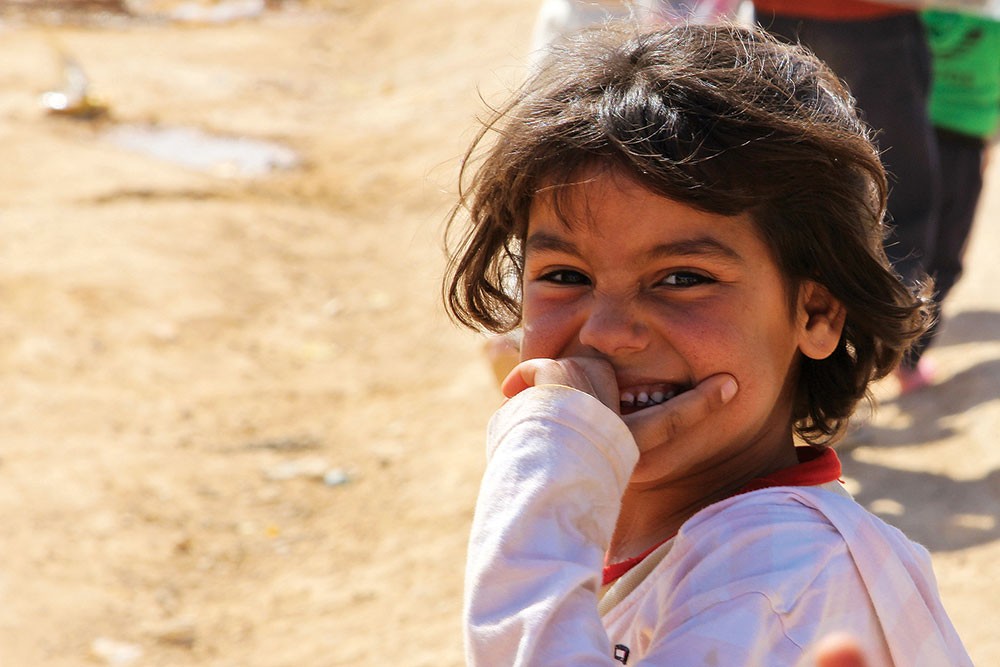
The presence of people working every day inside the Zaatari camp for the UEFA Foundation for Children gives hope to this young generation who are held hostage by the Syrian conflict.
Today, despite the difficult living conditions inside the camp, the UEFA Foundation for Children is on the ground to give the children and young people something to do thanks to sport in general and football in particular. Not only do they learn how to play a sport, but also to live together, to manage conflict among themselves and to be aware of certain social issues such as health and the importance of learning.
One of the key advances has been to get girls involved by making adjustments to take account of cultural requirements, i.e. female instructors for girls’ training sessions and football grounds hidden from view by tarpaulins.
DID YOU KNOW?
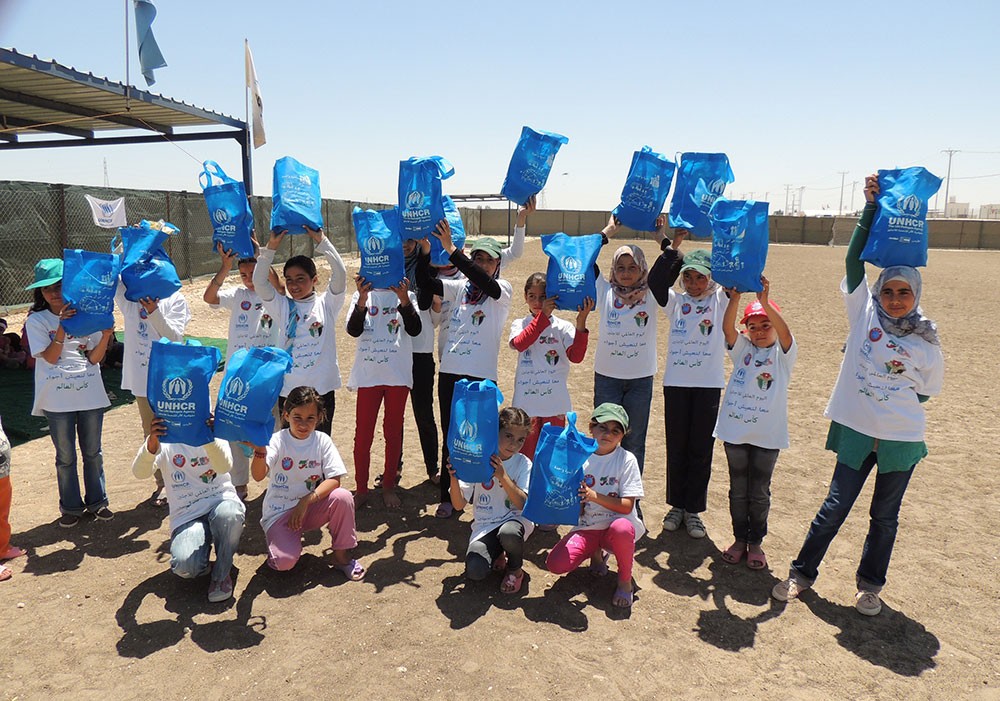
Despite being a refugee camp, life goes on inside Zaatari.
Did you know?
- The camp has a main street called the Champs Elysées where stalls have sprung up, set up by the Syrians without asking. The currency used is the local currency, the Jordanian dinar.
- The UNHCR has set up two supermarkets just like the ones we are used to, with trolleys, checkouts and shelves of food and toiletries. There the Syrian refugees can do their shopping and pay with their vouchers.
- There are schools inside the camp where children can continue with their education. Girls and boys attend school separately.
- There are also mosques inside the camp.
- A huge number of mariages and births are recorded inside the camp.
- It snows in Jordan in winter. This is a particularly difficult time of the year for the refugees inside the camp.
- Activities, be they of a sporting, educational or cultural nature, are never mixed (male/female).
- Of the 37 female coaches trained by the foundation, only 3 had ever played sport before in their lives.
- The donkey is the most valuable animal inside the camp. It can be used for numerous tasks because it can get anywhere and eats anything.
PARTNERS
